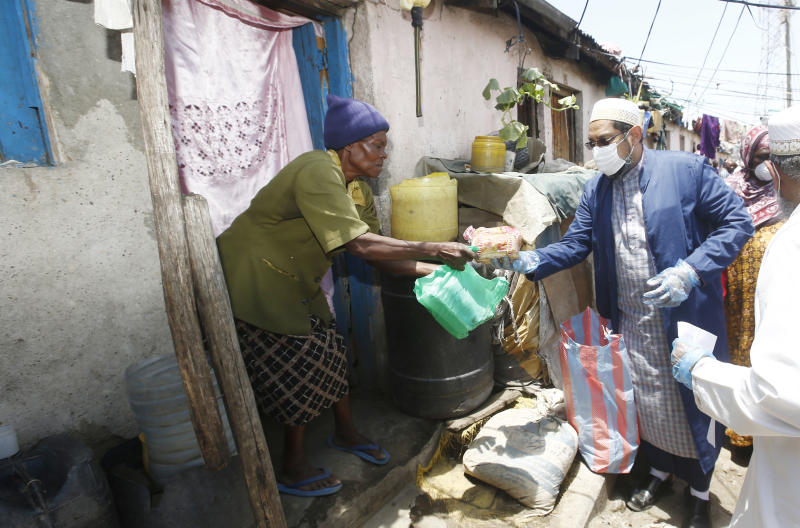×
The Standard e-Paper
Stay Informed, Even Offline

Since the first two cases of coronavirus disease were confirmed in Nakuru two weeks ago, life in the county has changed drastically.
Following confirmation of the Covid-19 cases on April 2, Nakuru joined the list of counties that have reported cases of the disease, forcing the county government to implement tough measures in a bid to curb spread of the virus.